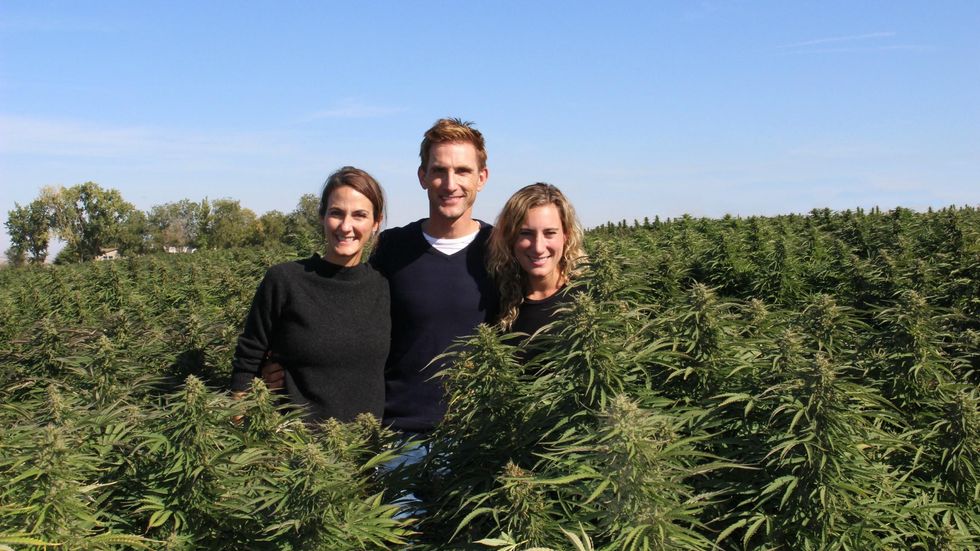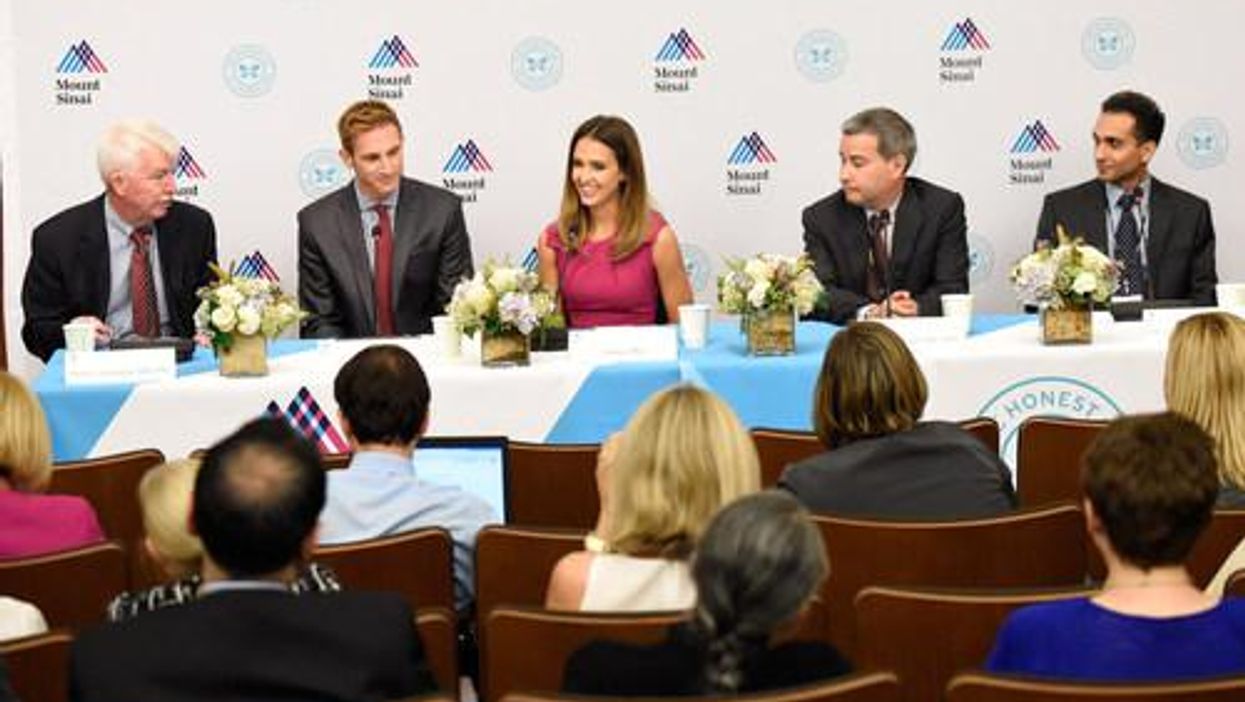Christopher Gavigan — co-founder of the consumer goods empire Honest Company — is trying to bring order to the unregulated market of CBD.
Just weeks after the Honest Company's Wall Street debut, CEO and co-founder of Santa Monica-based Prima is charming investors of his own with a line of pricey hemp-infused serums and supplements.
The company announced a lofty $9.2 million seed-plus round on Friday led by Greycroft, H Ventures, Defy and Lerer Hippeau.
The startup prides itself in sending each formulation through clinical trials and tests with third-party regulators. CBD-infused supplements are currently unregulated by the Food and Drug Administration, leaving manufacturers and retail stores to set their own standards and regulations.
Gavigan is eager for an FDA stamp of approval, which he said will guide retailers currently left weeding through the saturated market of hemp-infused products.
He first launched the company in 2019 as an educational platform about hemp and cannabinoids, the compounds found in cannabis.
Five months later, the brand unveiled a line of dietary supplements, face creams and a "bath gem" that dissolves in hot water. Gavigan called the daily CBD supplement — priced at $45 per bottle of 30 softgels — "the essential nutrient for stress management for everyone."
"Stress, as we all know, is the epidemic of today," he said.
Each product contains CBD extracted from hemp grown on small farms in Oregon, the "Napa Valley of hemp right now," said Gavigan.
In 2020, he and his co-founders helped makeup retailer Sephora develop its own CBD standards to self-regulate new brands and products. That came after companies like Target started introducing "clean" product standards to mark diapers, detergent and cleaning products produced without ingredients dubbed toxic or unsafe.
It's the same approach to consumer goods Gavigan and Jessica Alba took for The Honest Company, which pledges sustainable goods free of 2,500 "questionable ingredients."
Before his stretch at The Honest Company, Gavigan served as CEO of Healthy Child Healthy World, a nonprofit advocating for safer, non-toxic consumer products for children.
"We have our own standards," the chief executive said of Prima. "We've banned over 2,800 ingredients we'll never use. Brands need to have that rigor within their own supply chain and formulation principles."
Prima sells direct-to-consumer and at a handful of retailers — Sephora, Nordstrom, Thrive Market and Erewhon — and will expand to new ones this summer. Prices are steep, but Gavigan said the company is planning to "amend pricing to make our products even more accessible."
- What Venture Capitalist Brian Lee Looks for in a Startup - dot.LA ›
- This Santa Monica Company Wants to Be Stripe for the Cannabis ... ›
- The Honest Company Soars 43% in NASDAQ Debut - dot.LA ›



